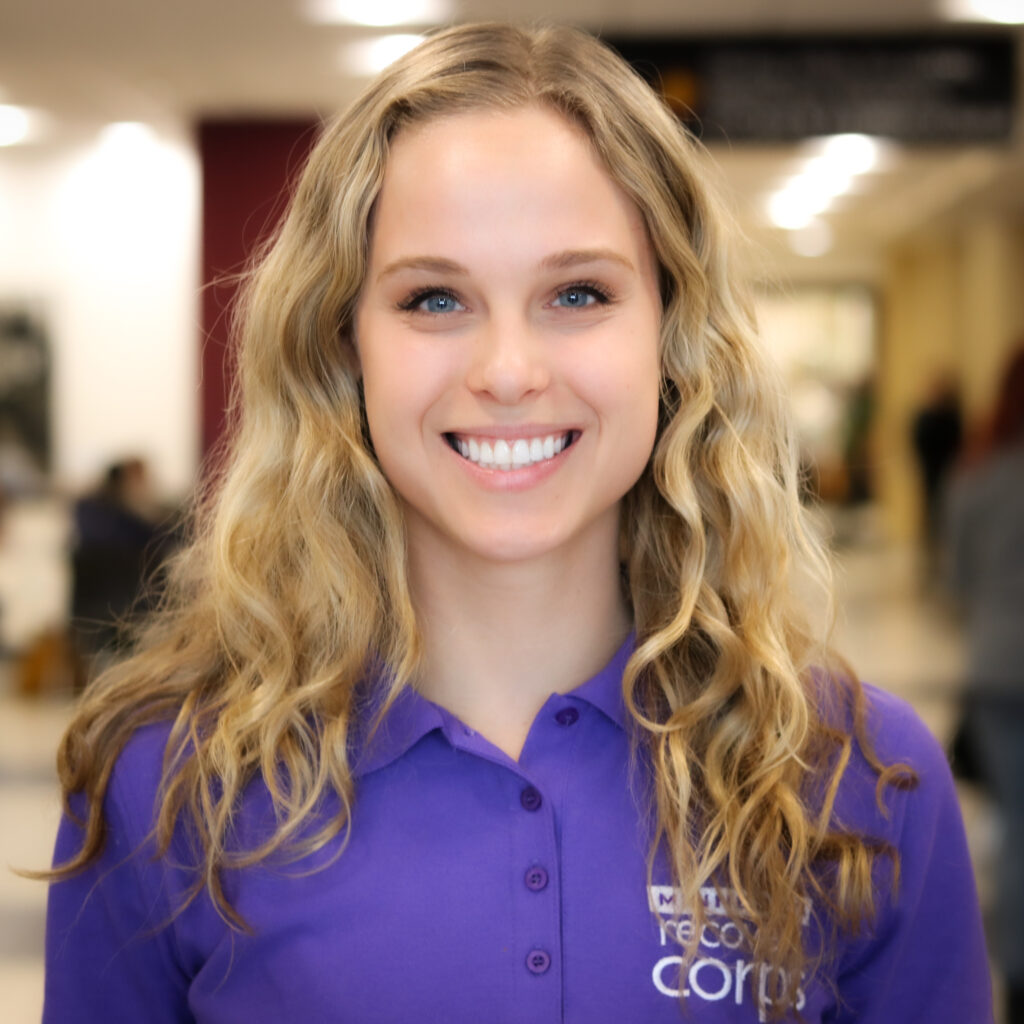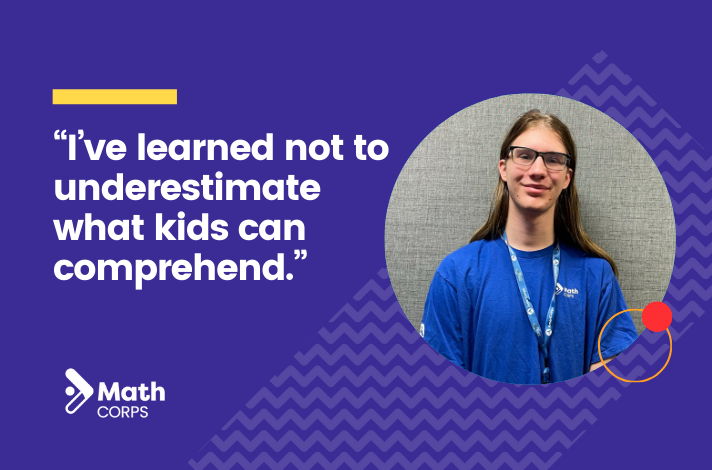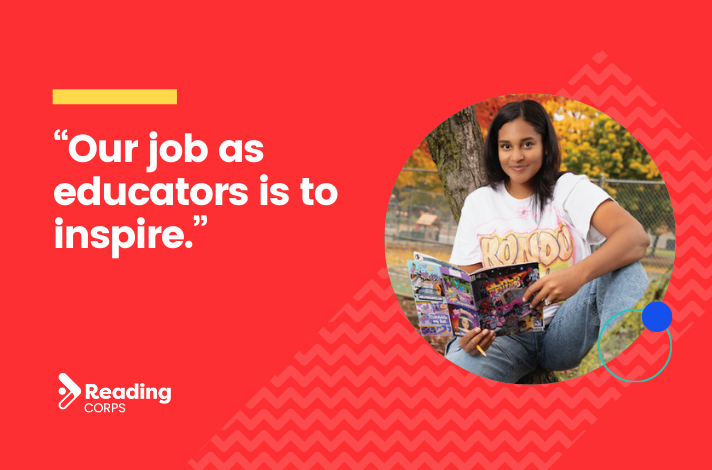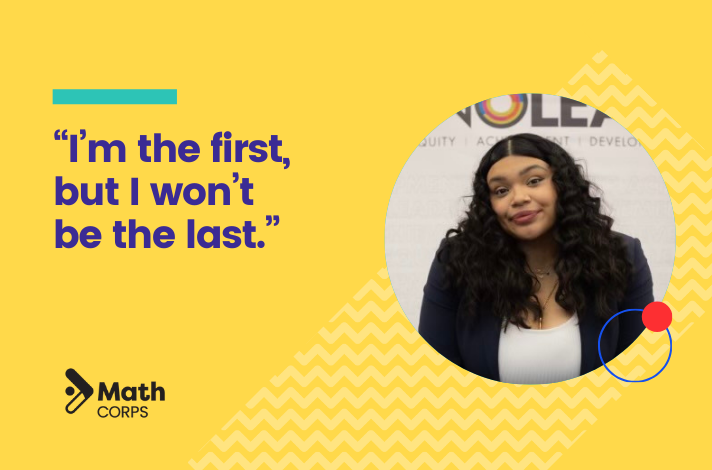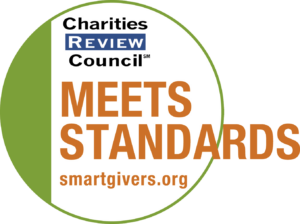When Alyssa Bren was about to graduate from the University of Wisconsin-Madison in May 2019, she had been accepted to medical school at the University of Minnesota, but she knew she wanted to take a gap year before starting the next phase of her life. She hoped to spend that year doing something meaningful – and that is when she learned about AmeriCorps service as a project coordinator in Minnesota Recovery Corps.
“I have a service-oriented mindset that I think probably comes from my family, which is very service-driven, and I thought I could learn a lot more about humanity in a service role than I could in a more medically-focused role this year,” Alyssa said. “I just thought it would be a good way to give back.”
Taking a Chance in Unfamiliar Territory
After seeing a posting for Opioid Response Project Coordinators – Recovery Corps members that serve at organizations helping individuals who are in recovery from substance use disorders – Alyssa thought it seemed like a good fit. She interviewed and was offered a Recovery Corps AmeriCorps position serving at Minnesota Recovery Connection in Saint Paul, where she primarily served to support the Peer Support Alliance, which is a professional development network made up of peer recovery specialists. Some of these specialists were her fellow Recovery Corps members serving as Recovery Navigators – people with direct or indirect experience with substance use disorders who provide peer support to others going through recovery.
At first, Alyssa said she was nervous about overstepping boundaries with her peers and people she served because she did not have any personal or family experience with substance use disorder. However, she said her service and extensive training (including completion of Recovery Coach Academy) helped her get over any concern about feeling like an outsider fairly quickly.
“Honestly, I would encourage people that don’t have direct experience with substance use disorder to consider Recovery Corps, especially in a project coordinator role, because you just learn so much more about the issue as a whole – substance use disorders are so much more prevalent than I ever thought, and my point of view and even the language I use in my daily life now has changed based on what I’ve learned,” she said.
Helpful Experience for Healthcare and More
Her service has also given her experience in communication, technology and project management. She said she has been excited to help facilitate meetings and build capacity in the organization. When she started in the role last year, the Peer Support Alliance meetings she set up typically included 10 participants and by the time she was finishing her service last summer, more than 30 typically attended.
More importantly, Alyssa said, her Recovery Corps service has taught her about substance use disorder and recovery and “what that looks like in terms of person-centered resources and services.”
“I think the biggest thing for me — especially going into healthcare — is kind of knowing how to meet people where they’re at, and understanding that everyone has a back story. That has been the most valuable thing about my service in Recovery Corps,” she said.
“As someone going into medicine, I know that you can get very pigeonholed into thinking a certain way about people and even about disease, and something like Recovery Corps just gives you a whole new perspective,” Alyssa said. “I’ve also just learned about things that can help my patients in the future, like peer services, for example, and how important that is and how effective that is. A lot of treatment providers and physicians might not understand that because it isn’t necessarily covered in your training.”
Alyssa encourages anyone with a mindset for health and human services work – whether they are headed to med school or not – to consider how Recovery Corps service can expand their knowledge.
“AmeriCorps, and Recovery Corps specifically, is just such a great way to add to your skillset and add to how you view and interact with people,” she said. “I would encourage anyone that’s interested in learning more about it and helping others in a significant way — even if you don’t have experience in substance use disorders or health — to consider it. I’m glad I took that chance.”
Learn more about Minnesota Recovery Corps.

